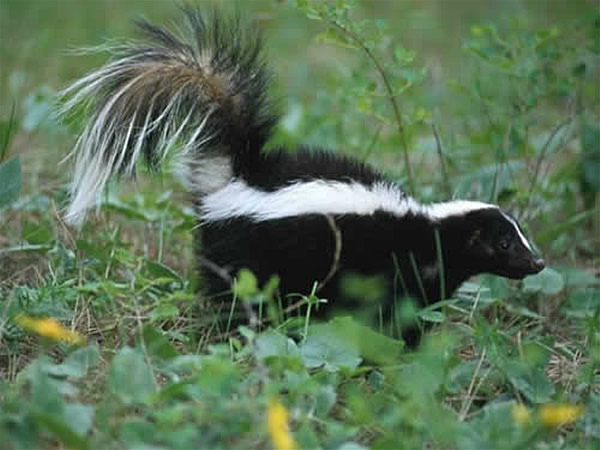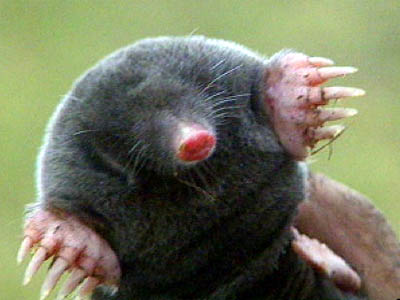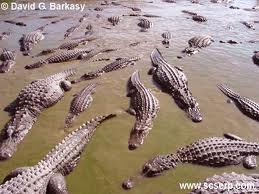Killing Skunks
If there is one animal in this world that seems to have no redeeming characteristics whatsoever, it is the skunk. A vicious, disease-bearing pest, it endears itself even further to humans thanks to its characteristic pungent odor that results when it sprays its essence to ward off possible dangers.
Indeed, you want to be that possible danger – without getting sprayed. Therefore, make sure you use the right method to kill skunks – and if you don’t think you can handle it yourself, call in a pest control service that is specially trained for killing skunks.
The only sure-fire way of killing skunks is to feed them to Great Horned Owls, which do not smell their spray and enjoy skunk meat, so that they have become quite adept at killing skunks. If you indeed have some way of bringing a tribe of these owls onto your property, and keeping them there for skunk duty, you are very fortunate indeed. Eagles and other predatory birds are also known to kill skunks – but chances are that if you indeed do have these birds on your property, you probably do not have a skunk problem.
Therefore, trapping is a more practical way of ridding your environs of these unwanted, odoriferous pests. You trap skunks by enticing them to drown in a box of solid metal, that you then empty, skunk and all, before it has a chance to spray. Usually, it takes three to five minutes for a skunk to drown, but if that is too long to wait, a bullet to the head or heart will dispatch the striped intruder more quickly.
Needless to say, this method does not seem very easy to carry out. Therefore, it is best to handle a skunk problem by hiring a pest control specialist firm that deals with outdoor pests such as skunks. This is even more the case in those jurisdictions where trapping skunks may be regulated by law, so that a licensed contractor is absolutely necessary to avoid a legal stink that may last longer than the odor of skunk spray.
Still, if you really want to kill skunks yourself, there are ways to construct traps that efficiently dispatch the notorious pests once and for all. And there is always the Great Horned Owl.





There is a redeeming quality: One year, a skunk came along and ate all our bees for us – all we had to do was remove the tattered remains of nest. Thanks, skunk!